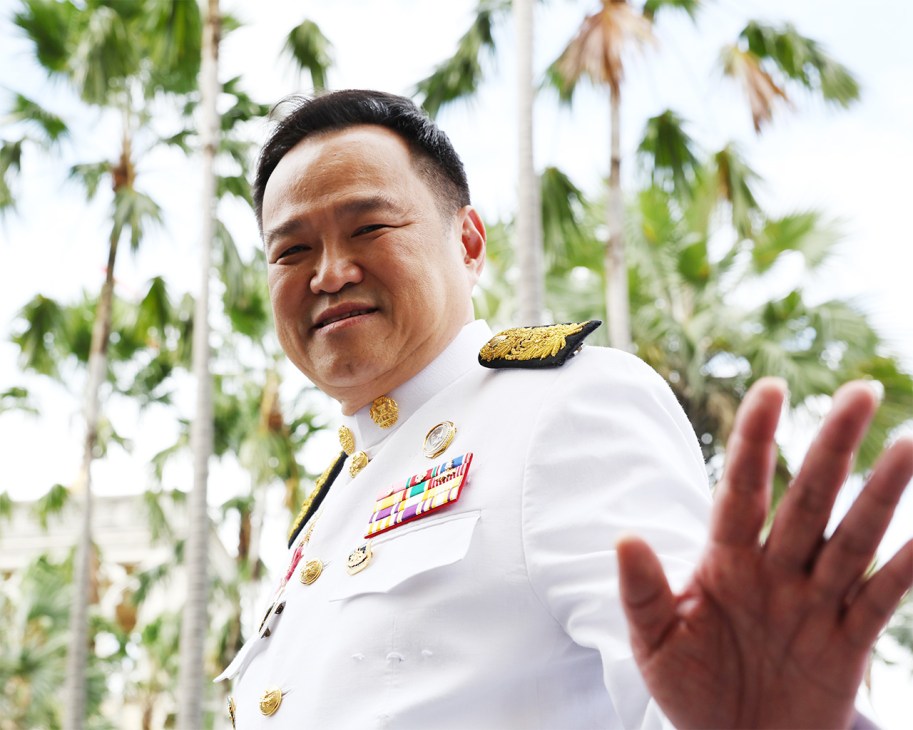Thailand is spooked by Vietnam’s ascent – but what’s scarier is Bangkok’s lack of big ideas
Vietnam’s economic rise is causing ripples around Asia, especially in Thailand. Any mention of the “V word” in Bangkok causes hand-wringing and furrowed brows among the city’s business executives. Vietnam is on track to overtake Thailand by the end of the decade to become Southeast Asia’s second-largest economy. Last week, Hanoi signed a new deal with Apple to expand production of smart-home devices in Vietnam – the latest in a series of big-money technology-sector deals.
Meanwhile, many Chinese tourists have been holidaying in Hạ Long Bay, Da Nang and Phú Quốc this year, rather than Bangkok, Chiang Mai and Phuket. This trend is likely to be temporary; besides, losing low-spending tour groups can be seen as a sign of Thailand’s increasing maturity as a destination. Even so, Bangkok’s business community needs its government to come up with a big idea to kick-start a slowing economy, attract new investment and deliver a much-needed injection of confidence.

Thailand’s prime minister, Anutin Charnvirakul, recently spoke about the “nightmare” of Vietnam surpassing his country. Though he deserves credit for addressing the elephant in Bangkok’s boardrooms, his administration is short on flagship projects. Somewhat surprisingly, it backed a controversial scheme to build a Panama/Suez-style canal through the country’s Kra Isthmus. This centuries-old idea, which has evolved from being about an actual canal into a proposal to construct a so-called land bridge, is probably a placeholder until strategists and policy wonks can come up with something better.
To fully understand the depths of Thai leaders’ despair requires some historical context. The country has long been one of the region’s top dogs: decades of Cold War-era investment and infrastructure from the US military arrived at a time when neighbours Myanmar, Laos, Cambodia and Vietnam struggled with various conflicts. Thailand’s good fortune – or clever diplomacy – created a comfortable consumer class and an era of complacency. Any early warning signals that did go off this century were drowned out by an influx of Chinese money. Fifty years after the Vietnam War ended, Thailand has slipped behind in manufacturing and is becoming more and more reliant on tourism. Bangkok might host a Formula 1 race in 2028 – something that Hanoi failed to achieve amid a corruption crackdown – but there’s little to rev up interest outside of the Thai capital.
The previous Pheu Thai-led government staked its future and that of the country on legalising casinos. It botched the public-consultation process and ended up losing everything, including power, but I have been surprised in recent months by the level of support that the idea still has among business owners. No one is pro gambling per se – far from it. They just want to see their government acting and creating momentum. The casino idea elicited plenty of overseas interest; corporate lawyers and dealmakers were busy travelling to Macau, Singapore and the Philippines to do due diligence on behalf of major foreign financiers. However, because of the Thai government’s refusal to take a gamble, political flip-flopping and a revolving cast of prime ministers, those investors will be looking elsewhere.
Thailand’s next election could happen as soon as March and it’s likely to be fought on the economy. All of the leading parties will need to think hard and bring grand ideas to the table that can deliver real change to make the country richer and less indebted. Now is not the time to become bogged down in idealism. Elitist debates about democracy or constitutional reform might win fans abroad but usually meet heavy resistance at home. Instead, parties need to inspire hope and start talking up the country on the campaign trail. Thailand continues to enjoy incredible advantages and has a huge head start over its neighbours that might never be closed even when Vietnam’s economic output eventually surpasses it. A prosperous Vietnam is good for a rising region still troubled by conflict – and it doesn’t need to come at Thailand’s expense.
James Chambers is Monocle’s Asia editor. You can read his lesson in cross-border communication in Southeast Asia here. Visiting and need big plans for Bangkok yourself? Check out our City Guide.



